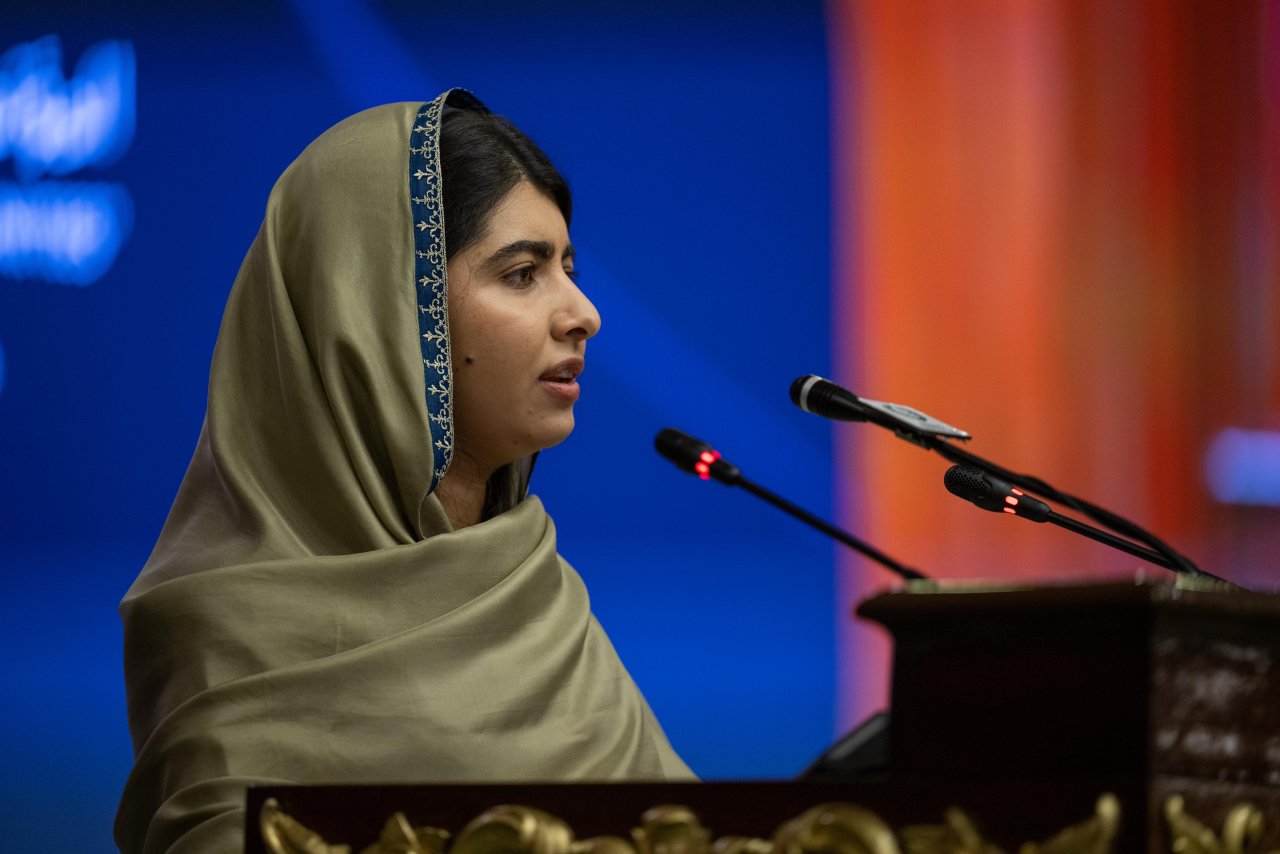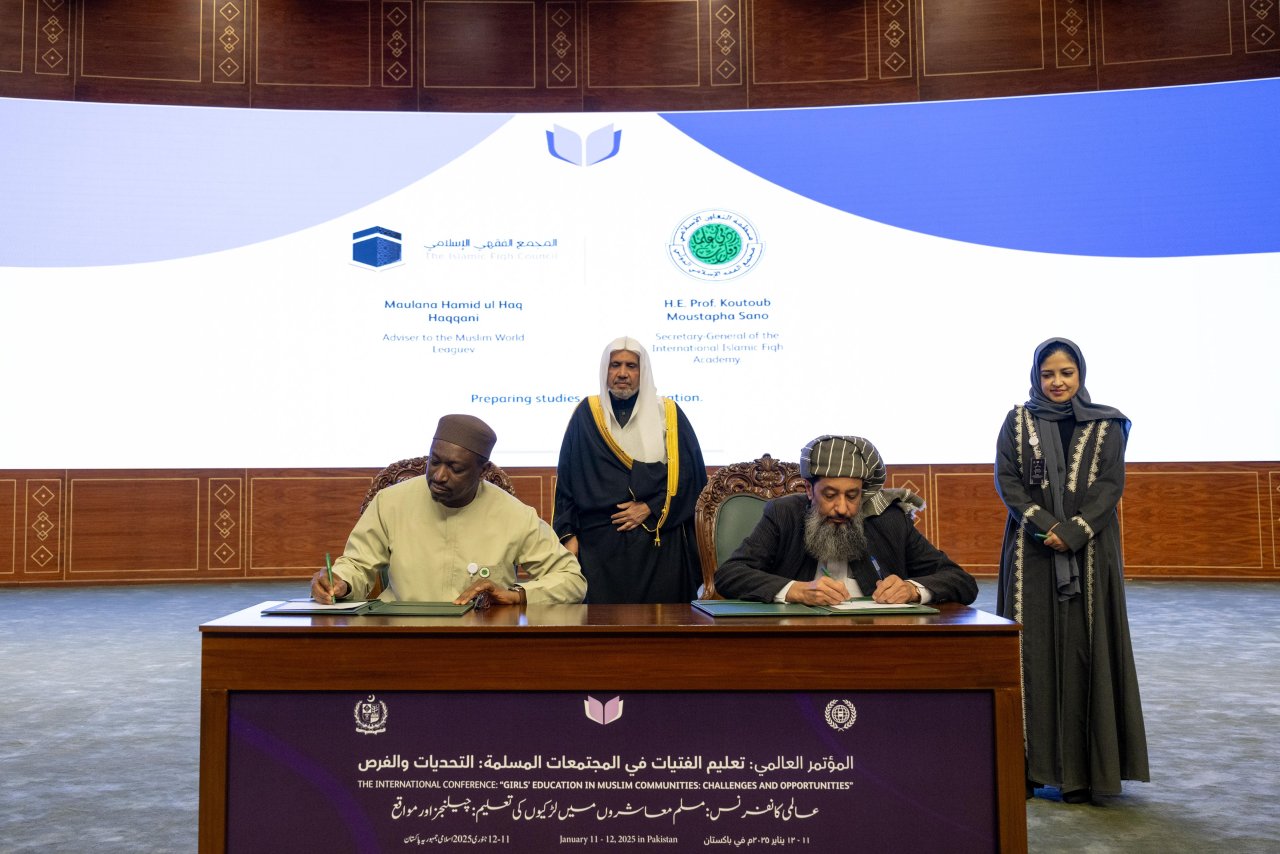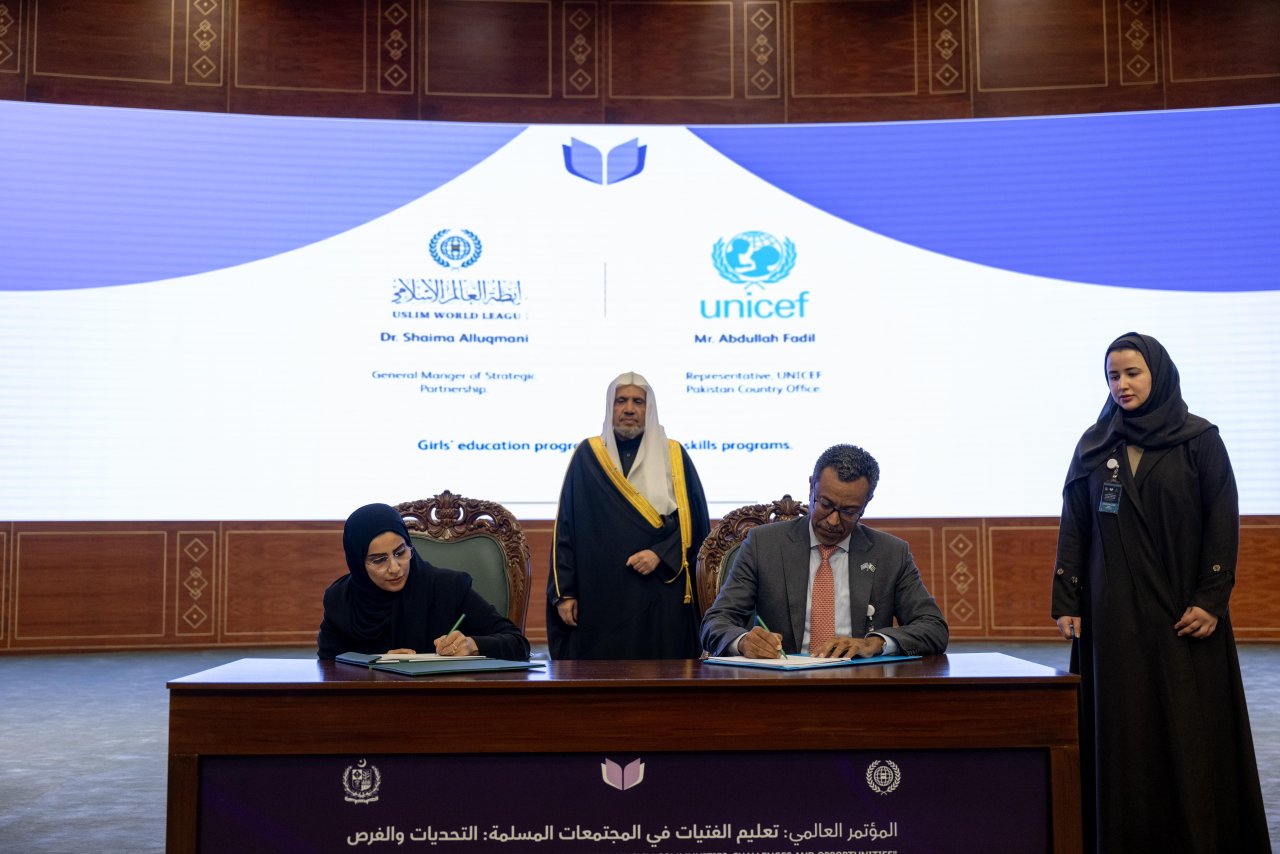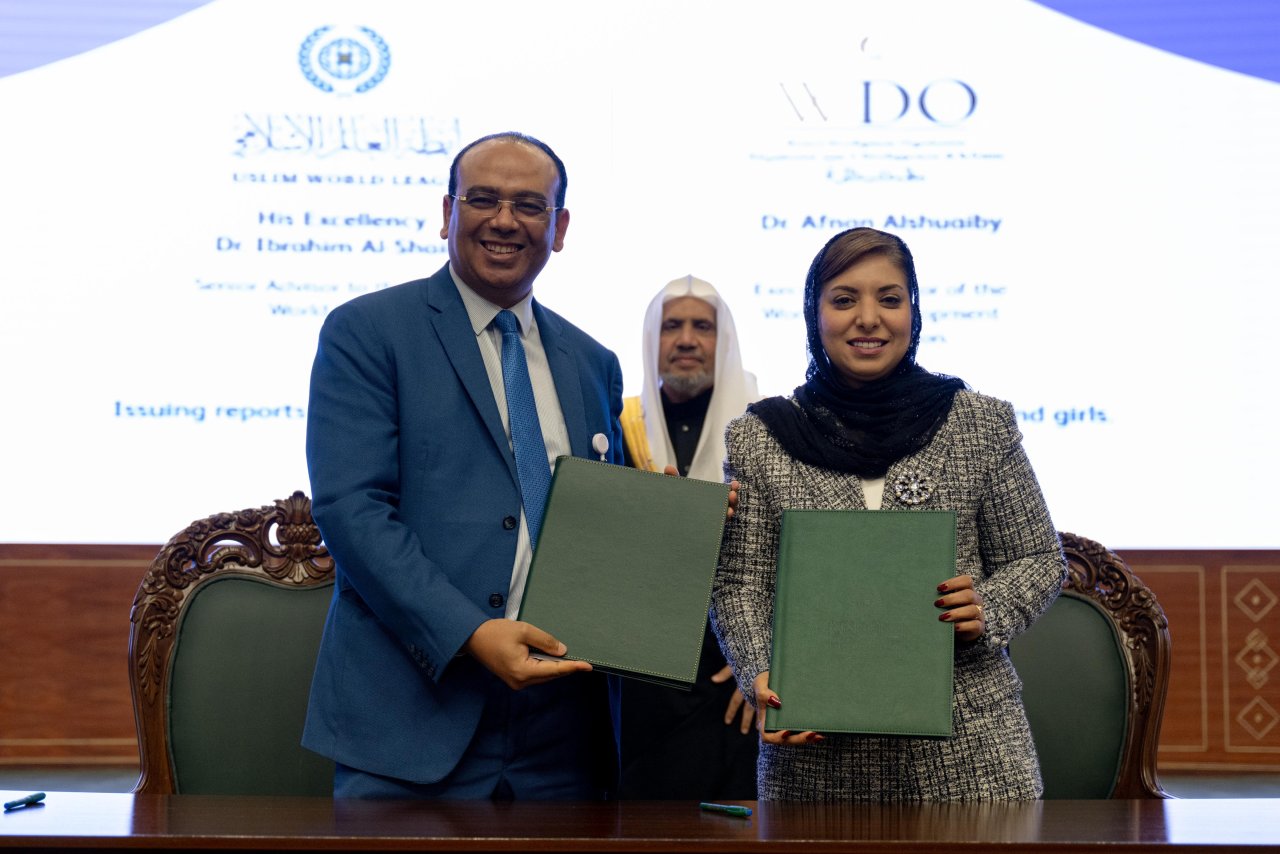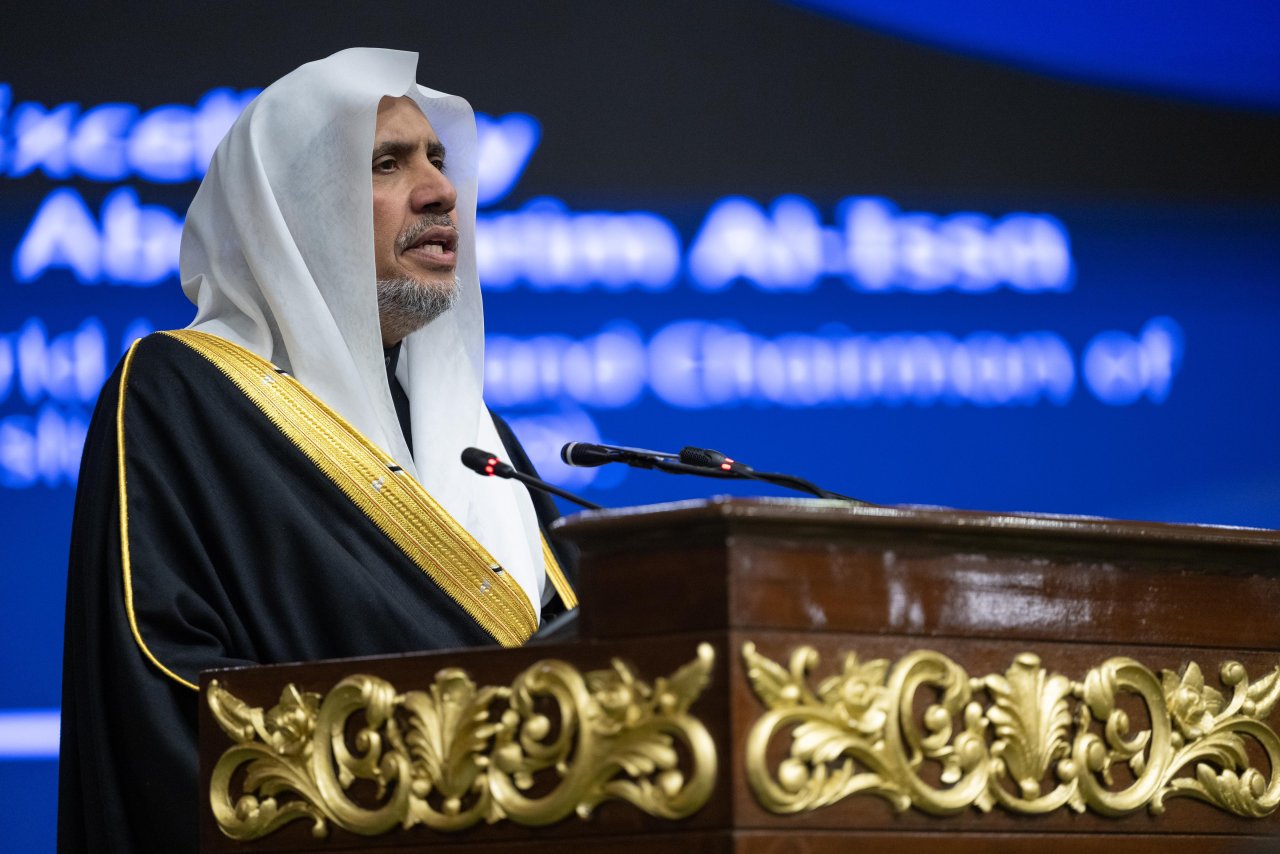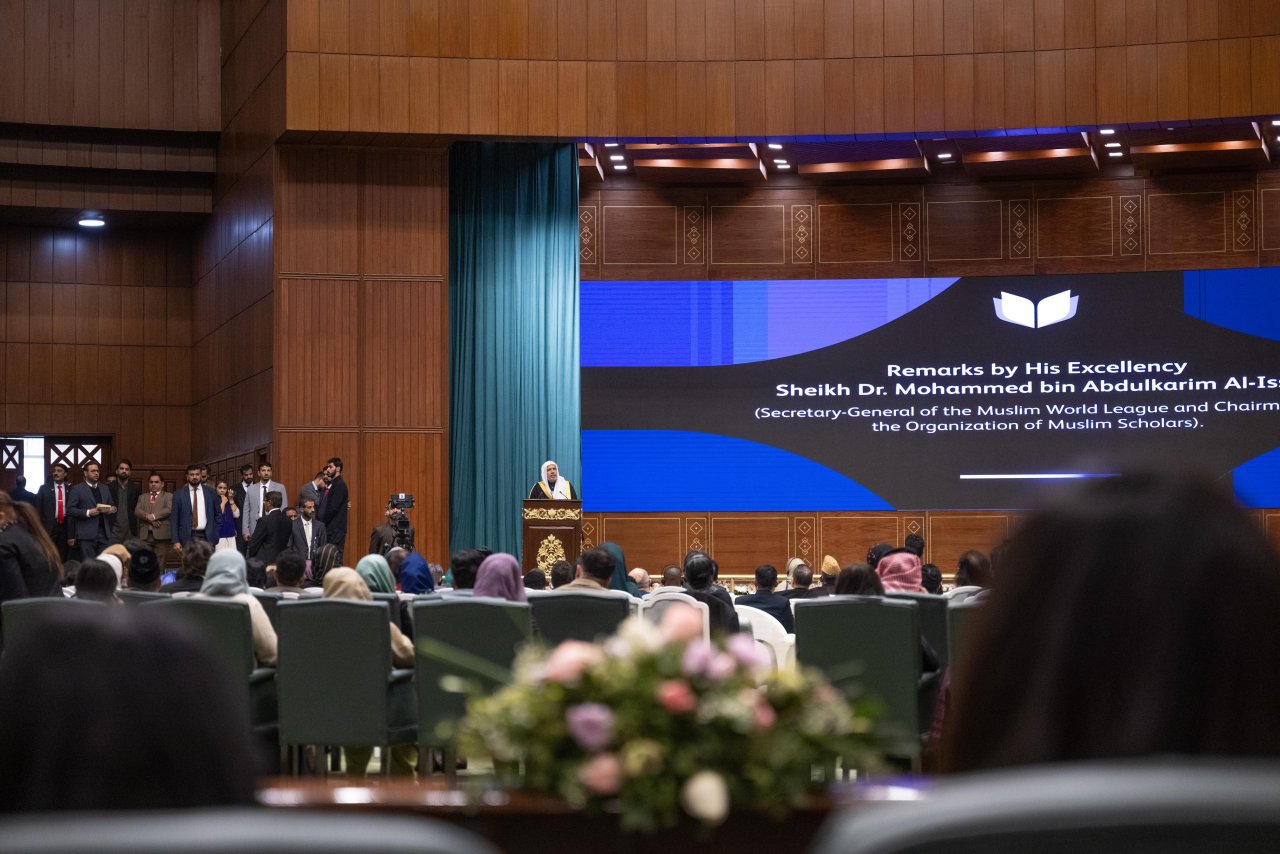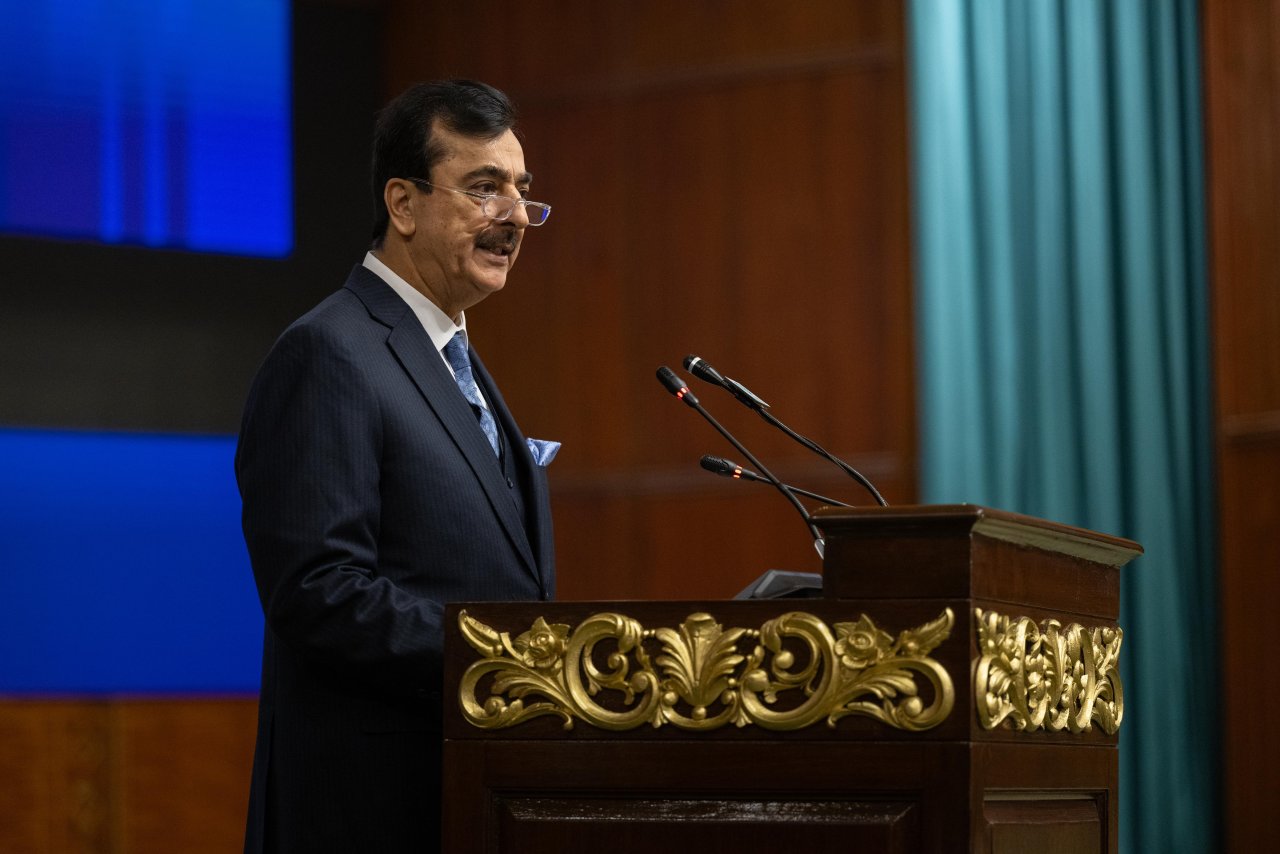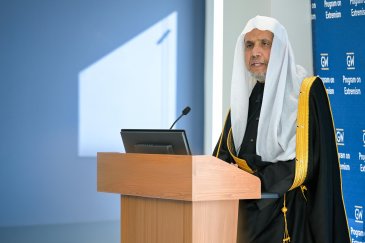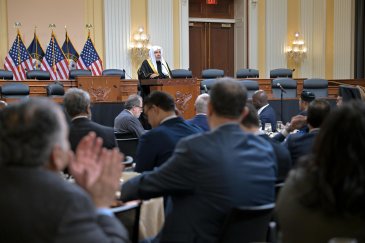With historic solidarity among senior scholars, Islamic councils and assemblies, United Nations organizations, and leaders of international, research, academic, governmental, and civil organizations and institutions
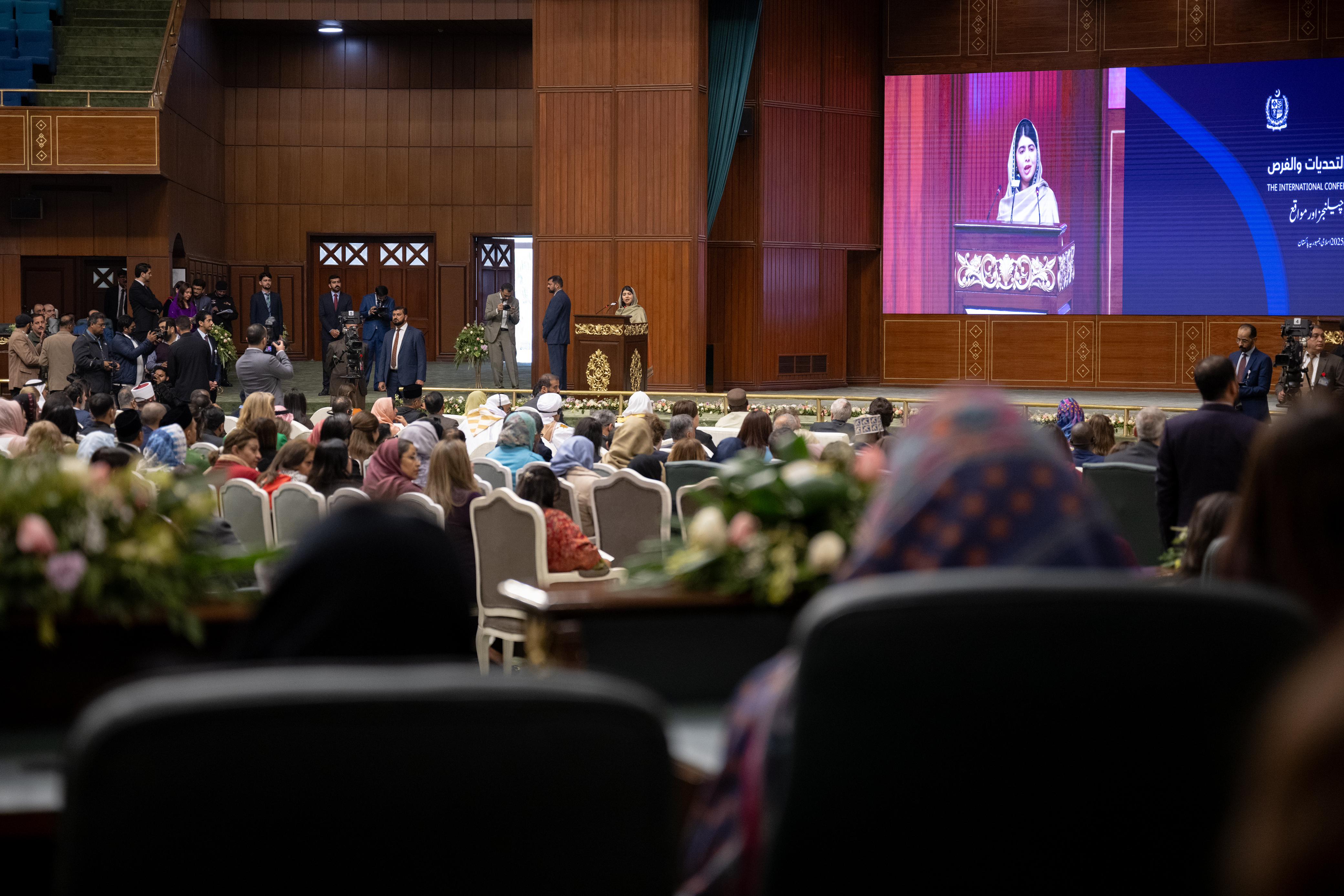
With historic solidarity among senior scholars, Islamic councils and assemblies, United Nations organizations, and leaders of international, research, academic, governmental, and civil organizations and institutions,
The Conference of the Muslim World League’s Initiative on Girls' Education in Muslim Communities concluded with the announcement of the "Islamabad Declaration" and the launch of the International Partnerships Platform.
• Dr. Al-Issa has been delegated to convey the decisions outlined in the declaration and to ensure their implementation, in addition to providing support to Islamic governments and both governmental and civil educational institutions.
• A permanent committee will be established to follow up on the implementation of the outcomes of this important event, including the signed agreements that aim to propel effective efforts.
• Dr. Al-Issa:
- This initiative will not be a temporary appeal, an empty declaration, or simply a symbolic stance. Rather, it will represent a qualitative transformation in advocating for girls' education.
- It will be both effective and tangible through the substantive agreements signed.
Islamabad:
The international conference to launch the Muslim World League’s Initiative on Girls' Education in Muslim Communities concluded today, Sunday, in Islamabad, the capital of Pakistan. The event culminated with the launch of the Islamabad Declaration, which received historic endorsement from senior scholars, heads of Islamic academies, representatives of international organizations, academic institutions, and global activists. The conference also marked the launch of the International Partnerships Platform, the executive arm of the Muslim World League's initiative. This platform is supported by more than 20 global agreements and commitments, signed by senior scholars, heads of Islamic academies and councils, United Nations organizations, and leaders from international, research, and academic institutions.
The announcement and launch of the platform was attended by His Excellency Sheikh Dr. Mohammed bin Abdulkarim Al-Issa, Secretary-General of the Muslim World League and Chairman of the Organization of Muslim Scholars. Also present were representatives of the government and parliament of the Islamic Republic of Pakistan, the sponsor and supporter of the Muslim World League’s initiative on girls' education in Muslim communities. The event brought together a number of distinguished figures, including Their Eminences and Excellencies, the Grand Muftis of the Islamic world, members of scholarly bodies and councils, and Islamic jurisprudence assemblies. It was also graced by the presence of global activist for girls’ education, Ms. Malala Yousafzai, as well as ministers of education and higher education from Islamic countries, representatives from the League of Islamic Universities, and the United Nations Academic Platform (University for Peace).
The "Islamabad Declaration on Girls’ Education in Muslim Communities" draws its inspiration from two historic charters: The Charter of Makkah and The Charter on Building Bridges between Islamic Schools of Thought and Sects, both issued by the Muslim World League with the consensus of Muslim scholars from the vicinity of their universal Qiblah in Makkah. These charters embody principles that emphasize empowering women through education at all levels within a suitable environment, aligned with the guidance of Islam and its noble values. They also underline the impermissibility of marginalizing women’s roles, disrespecting their dignity, or reducing their status.
The declaration was also grounded in the outcomes of the closed session held by Their Eminences and Excellencies, the Grand Muftis of the Ummah, its scholars, and representatives of the Fiqh Councils. This session took place on Friday, the 10th of Rajab, 1446 AH, at the Conference Center in Islamabad, the capital of the Islamic Republic of Pakistan. The meeting was chaired by His Excellency Sheikh Dr. Mohammed bin Abdulkarim Al-Issa, Secretary-General of the Muslim World League and Chairman of the Organization of Muslim Scholars, and was conducted within the framework of the Muslim World League’s initiative, “Girls’ Education in Muslim Communities.”
Several of Their Excellencies and Eminences, the Grand Muftis of the Islamic world, along with members of councils and bodies of scholars, the Islamic Fiqh Council of the Muslim World League, and the International Islamic Fiqh Academy of the Organization of Islamic Cooperation, convened in a closed session. During this session, the scholars deliberated on an issue of significant importance to the Islamic world: the right of girls to education (without specific limitations and without obstructive conditions). At the conclusion of their session, the scholars unanimously affirmed that women's education is a legitimate right recognized by the scholars of the Islamic Ummah. This is rooted in the guidance of Sharia, which makes seeking knowledge an obligation for every Muslim, both men and women. They emphasized that this right cannot be restricted by age, level, or field of study, nor can any reservations regarding women's education be attributed to Islamic Sharia. This conclusion reflects the consensus of the Ummah's scholars, across various schools of thought and sects, both historically and in the present, on the equal legitimacy of education for women and men.
They highlighted the serious danger of distorting the meaning of Islamic texts and undermining their higher objectives to justify misconceptions about women’s education, including those stemming from tribal customs or personal agendas. They emphasized that such distortions represent one of the gravest violations of Sharia.
The endorsers of the declaration recognized and deeply valued the strategic importance of this unprecedentedly diverse assembly of influential Islamic religious leaders in addressing this pressing issue. They noted that this matter has long remained unresolved due to a lack of decisive religious engagement. The declaration affirmed that challenges arising from religious interpretations cannot be effectively addressed through political or legal means, economic sanctions, or other external measures. Instead, they require impactful and authoritative religious leadership to clarify the true teachings of Islam, as articulated by scholars with the influence and credibility to resolve such critical issues.
The conference participants entrusted His Excellency Sheikh Dr. Mohammed bin Abdulkarim Al-Issa, Secretary-General of the Muslim World League and Chairman of the Organization of Muslim Scholars, as the initiator, with the responsibility of delivering all the conference’s decisions, overseeing their implementation, and providing financial and moral support to Islamic governments through His Excellency the Secretary-General of the Organization of Islamic Cooperation (within the framework of the agreement signed between the two parties), as well as to governmental and private educational institutions in Islamic countries and countries with Islamic minorities.
The participants also called on the initiator, His Excellency Sheikh Dr. Mohammed bin Abdulkarim Al-Issa, Secretary-General of the Muslim World League, to form a permanent committee to follow up on the implementation of the outcomes of this important event, including the signed agreements that establish effective decisions, as confirmed by the initiator’s speech at the opening of the conference. Dr. Al-Issa stated, “This initiative, with God's help, will be both effective and tangible through the substantive agreements signed. It will not be a temporary appeal, an empty declaration, or simply a symbolic stance. Rather, it will represent a qualitative transformation in advocating for girls' education—bringing prosperity to every deprived girl and to every community in dire need of the contributions of both its sons and daughters equally.”
The participants in the conference expressed their heartfelt gratitude to the Prime Minister of the Islamic Republic of Pakistan for his efforts in hosting and supporting the conference. They also extended their sincere appreciation to the Muslim World League for its excellent organization of the event.
Link to the Islamabad Declaration:
Partnerships:
The partnerships included the signing of a memorandum of understanding between the Muslim World League and the Organization of Islamic Cooperation, aiming to establish a strategic alliance to support the girls’ education initiative.
Additionally, the partnerships involved agreements to implement projects and fact-finding studies on girls’ education, and to address misconceptions on the subject. These agreements were made between the Islamic Fiqh Council, affiliated with the Muslim World League, and the International Islamic Fiqh Academy, affiliated with the Organization of Islamic Cooperation, as well as between the Muslim World League and the Union of News Agencies of the Organization of Islamic Cooperation (UNA).
The partnerships included initiatives to provide scholarships to Muslim girls in universities and to empower them by offering quality training to enhance their leadership and problem-solving skills. The Muslim World League signed agreements in this regard with a number of Islamic and international universities, as well as with the League of Islamic Universities, the United Nations University for Peace, the United Nations High Commissioner for Refugees (UNHCR), and the United Nations Children's Fund (UNICEF).
The Muslim World League has also established partnerships with several international organizations to enhance cooperation in conducting research, studies, and issuing reports on women's issues. These partnerships also aim to organize media campaigns to raise awareness of girls' right to education.
Additionally, the partnerships included commitments from international academic organizations and institutions to support girls' education and improve their access to educational opportunities through various programs, grants, and forms of assistance.
